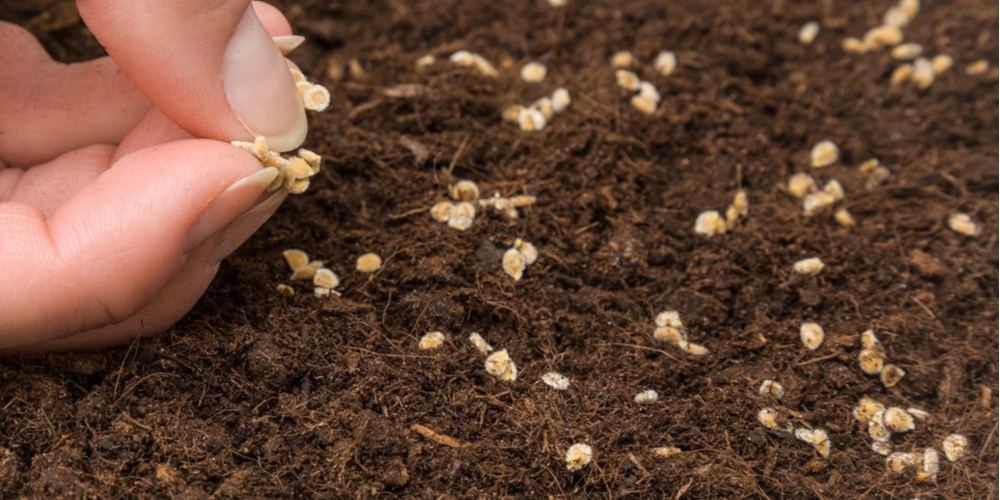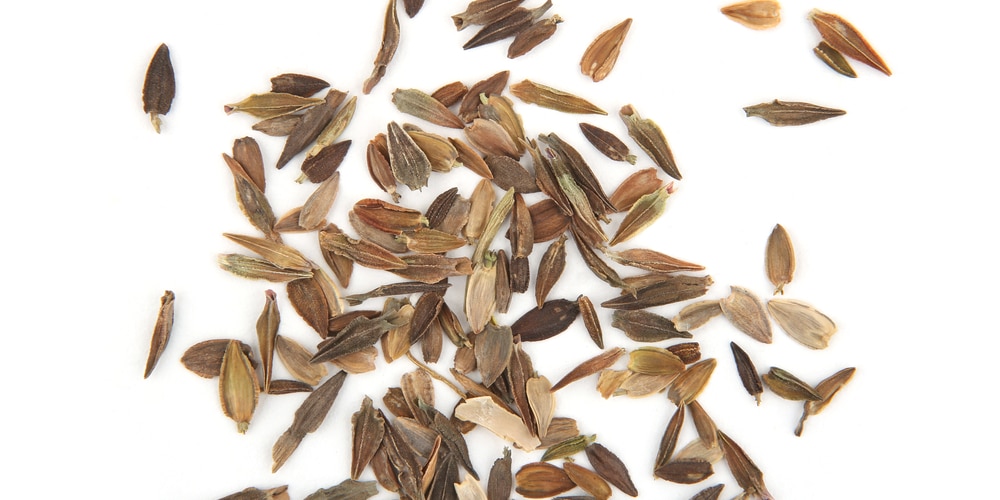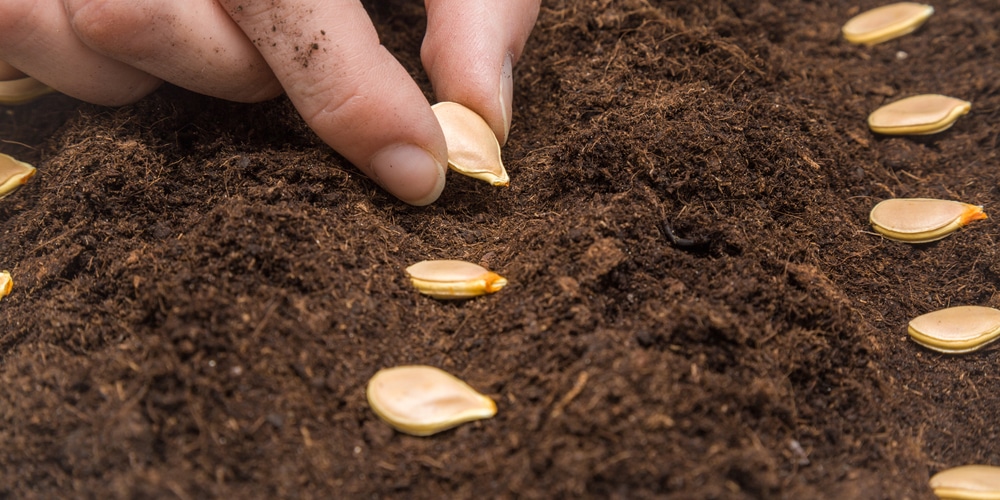Starting your plants from seeds can be exciting. However, things might not always turn out as you expect. Indeed, plants require care and attention. You’ll need to ensure your seeds get adequate watering, lighting, and nutrition.
Plus, you might need to keep an eye out for pests and make sure temperatures and humidity are suitable for your species’ growth. And all of this should sound reasonable. But what impact does the way you plant your seeds have on their survival (and success in their germination)?
In essence, can you plant seeds too deep? If such a question tickles you, you have landed in the right place. Keep reading to learn all you need to know on the subject (and some tips about avoiding making mistakes)!
Can You Plant Seeds Too Deep?
The truth is that you can plant seeds too deep. And the issue is pretty common among gardeners. However, burrowing a plant seed deep into the ground (accidentally or on purpose) might cause halted growth and even lack of germination.
While your plant might still sprout if you are lucky, it will do so later than planned and display several issues. And that makes sense. After all, seeds (like all plants) need to get adequate exposure to sunlight, moisture, air, and a suitable amount of nutrients in the soil.
Being too deep in the ground won’t allow them to get what they need. Plant your seeds at a depth of about two times their diameters to avoid issues.
However, don’t forget that such a generalization might not apply to all plant species. Indeed, some seeds might not require burying, while others may need more lighting to germinate.
Don’t forget to check the instructions you find on the seeds’ package to stay on the safe side. Usually, the container label will include some instructions on planting them.
What Happens When You Plant A Seed Too Deep?
Seeds depend on aerobic processes to produce (and use) energy during their development stage. Thus, without what they need to grow, they might not germinate.
After all, seeds only have a limited amount of energy to germinate. And when too much soil is around them, they will suffer from a lack of oxygen and lighting.
Such conditions will make them weaker and more susceptible to diseases and attacks from pests. And as a consequence, they will struggle to develop healthy roots and develop a shoot.
Some “stronger” seeds may emerge later. However, the resulting plant will be weak and not as productive as it would have been if you planted it at a proper depth.
Can You Plant A Seed too Shallow?
Planting seed too deep will cause issues, but what about not planting it deep enough? Well, the truth is that it will bring you problems too. That is because some seeds need more light than others.
Exposing dark-loving plants to too much sunlight during the germination phase might cause them to fail to grow. Additionally, planting your seeds too close to the surface might result in moisture issues, as the upper layer of the soil will dry more quickly.
You should be particularly careful about this if you live in a hot and dry region. Finally, shallow sowing might result in the development of an unhealthy root system, which may cause the plant to collapse under its weight.
How to Plant a Seed
To begin with, you should pick an adequate container for your seeds. You can also plant them directly on the ground, but your success will depend on your local climate conditions. Instead, growing them in a container might help you better control their environment.
Don’t forget to check for the presence of drainage holes. If your container doesn’t have them, make them! Also, choose a seed-starting potting mix to ensure your seeds won’t suffer. Avoid too heavy substrates that don’t drain well.
Then, ensure you plant your seeds at adequate depth. Follow the tips we included here (and don’t forget to check the information on the seed package).
Can you plant seeds too deep: Conclusion
Remember to water your seeds thoroughly and keep the soil moist at all times (without overwatering). After the appearance of leaves, consider fertilizing your seedlings to boost their growth!
If you decide to start your seeds indoors, don’t forget to harden them off before transplanting them outdoors!
Related article: How Deep to Plant Tomato Seedlings


